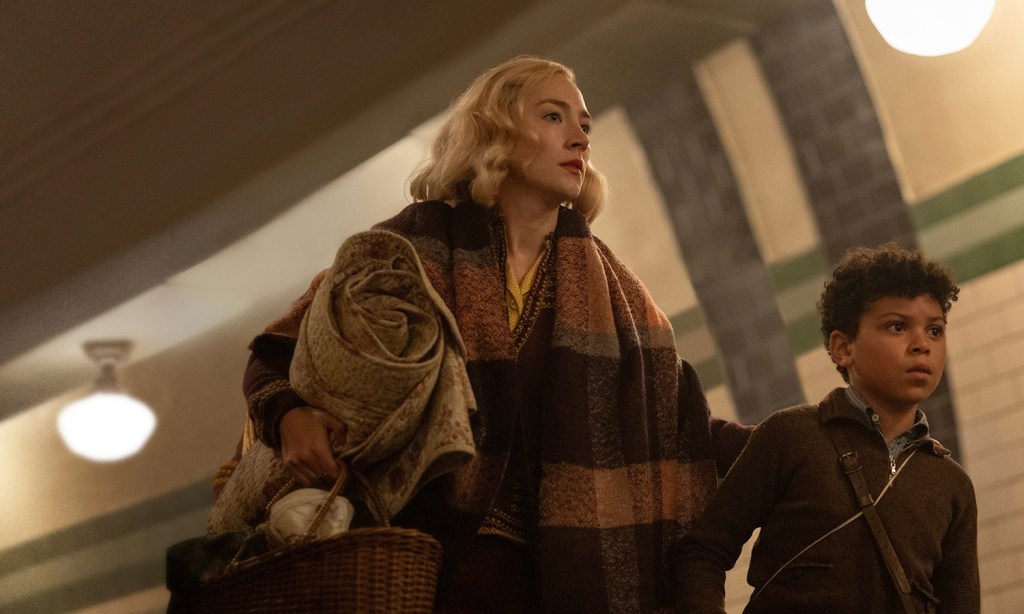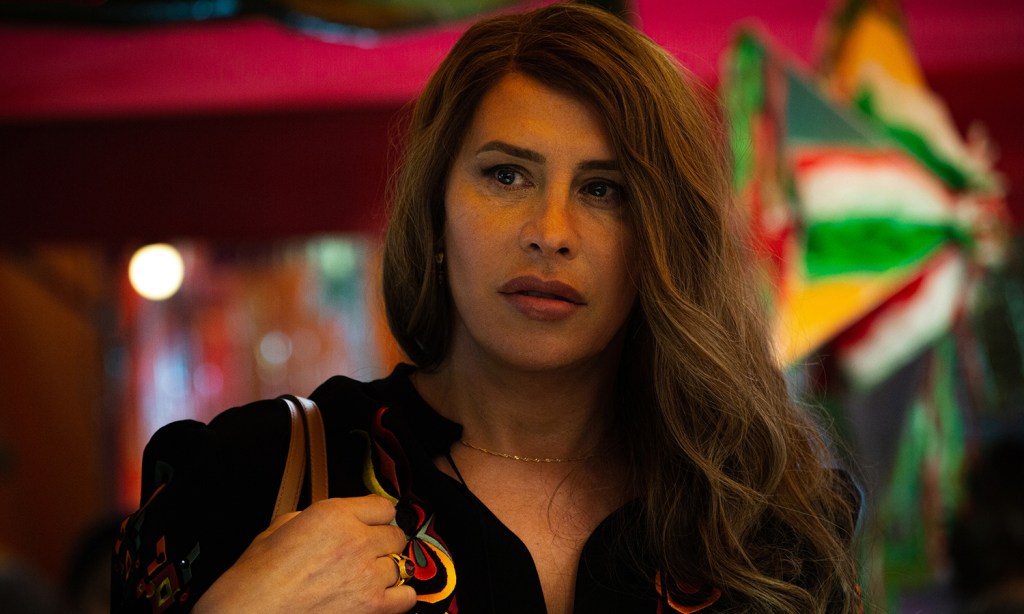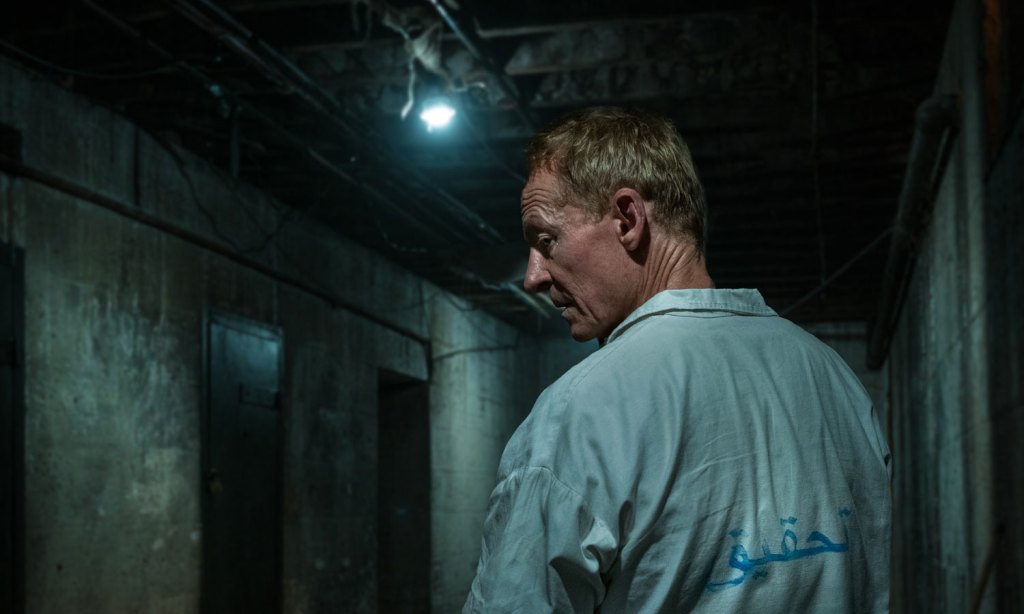Film Festival review: Blitz
Saoirse Ronan plays a mother searching for her missing son during the World War II London Blitz in this Steve McQueen film that is surprisingly conventional but has a racially-aware edge.

In Occupied City, released last year, director Steve McQueen documented to the point of exhaustion the fate of houses and public spaces in Amsterdam during German occupation. The weight of the stories, based on a book by his Dutch wife, chronicled the physical and psychological impact of the Nazi presence in Amsterdam. McQueen lives there and made the very long documentary to exorcise the city’s ghosts.
Having done that, he had World War II on his mind. As a feature film director, McQueen has diverse works of brilliance behind him – including 12 Years a Slave (2013) and the 2020 drama series Small Axe, which was a transcendent look at what being Black in the UK can mean. Put his talent together with a new historical interest, cast Saoirse Ronan in the lead, and expectations run high.
In London, the Blitz is in full swing and each night German fighters cross the channel and rain death onto the city. At the first sound of the siren’s wail, Londoners startle, grab their pets and head for the nearest shelter.
Factory worker Rita (Ronan) lives with her father Gerald (Paul Weller) and her adored nine-year-old son George (Elliott Heffernan), whose Grenadian father was unfairly deported. Some of the loveliest scenes are at home with the three of them gathered intimately at the piano, a reminder of what families used to do. Ronan sings in the film, which is a bright touch, and there is a sweet scene at a factory when the BBC drops in for a visit.
Incidents of racism are woven into Blitz, although it never seems to be the main point. But they are McQueen’s necessary reminder of how casually racist and cruel the noble and lionised Brits were. George’s father had been picked on and then blamed for a fight and taken away by police. There are references at the pub to Rita’s “little monkey”, and even George isn’t sure what colour he wants to be.
The dramatic arc of the film sees George shipped to the countryside for his own safety, one of thousands of London children who were cared for by strangers in an act of generosity and wartime spirit. George doesn’t want to go and Rita doesn’t want him to leave, but the risks of staying are high.
But George doesn’t make it. Instead, he absconds by throwing himself off the train, turning around and walking back towards home.
When Rita learns George is missing, she begins her own search in London, putting out the word among the volunteer wardens, one of whom, Jack (Harris Dickinson from Triangle of Sadness), is sweet on her.
We then switch jumpily between Rita’s search and the escapades of runaway George, which include being press-ganged into joining a Fagin ring headed by Albert (Stephen Graham). There’s a nightmare-like scene involving Albert’s accomplice Beryl (Kathy Burke) that promises to go somewhere interesting, but then it’s back to George missing home, or Rita searching, followed by more unlikely adventures. Even the bombs on their way are signalled with the same stock image of a grey finned object barrelling down through the night sky.
Subscribe for updates
It is all spectacularly old-fashioned, not because Blitz is a period piece but because of the uninspired Boys’ Own adventure storytelling. As a sentimental story about the Blitz, it does the job, but what it lacks is any of McQueen’s radical magic.
Blitz is showing again on November 3 at Palace Nova Eastend Cinemas as part of the 2024 Adelaide Film Festival.

